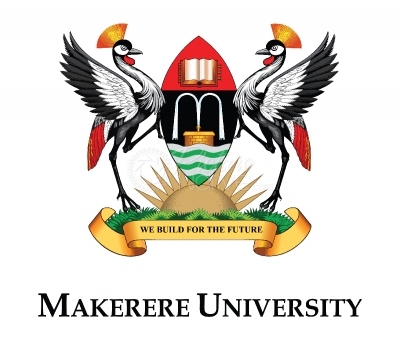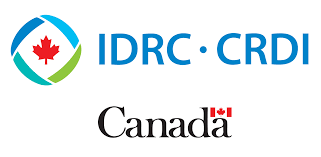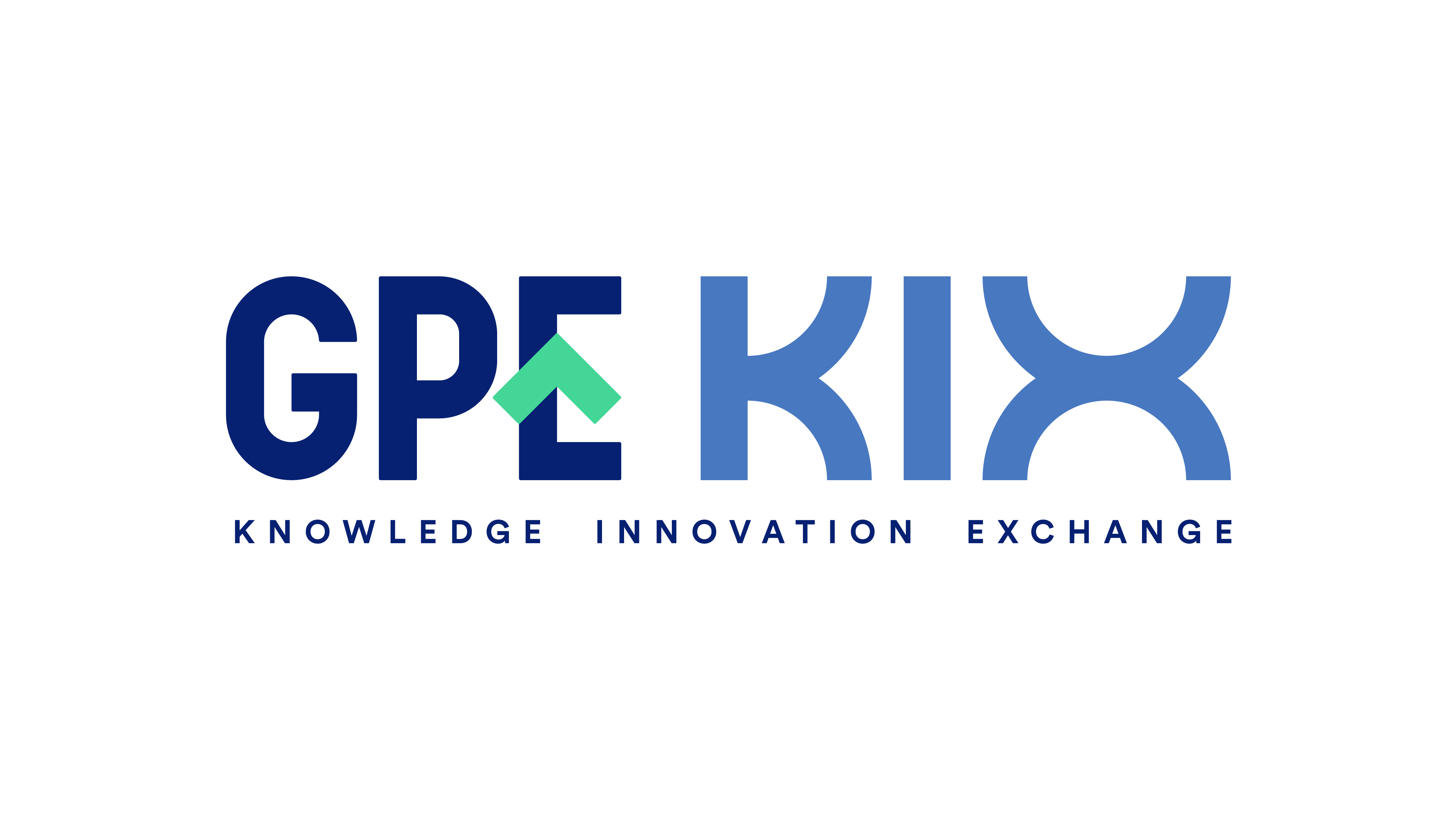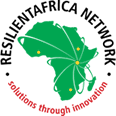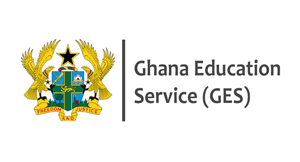About Us
The Legon Centre for Education Research and Policy (LECERP) is the research wing of the College of Education, University of Ghana established in 2024. LECERP’s activities are anchored on three connecting pillars: Research, Training and Capacity-Building, and Advocacy. The Centre is dedicated to advancing the college’s research intensive ambitions and contributing significantly to the University’s broader goal of becoming a world-class research-intensive institution. LECERP aims to serve as a hub of excellence, engaged in the conduct of rigorous research to disseminate authoritative and reliable findings that can inform decision-making in education, development communication and general development programming.
Our focus is to promote evidence-based transformation by bridging the gap between research and policy, while enhancing the quality of education through data-driven decision-making and innovative research. LECERP is committed to empowering educators, students, and policymakers by delivering cutting-edge research that addresses the cultural challenges impacting the education sector in Ghana and across Africa.
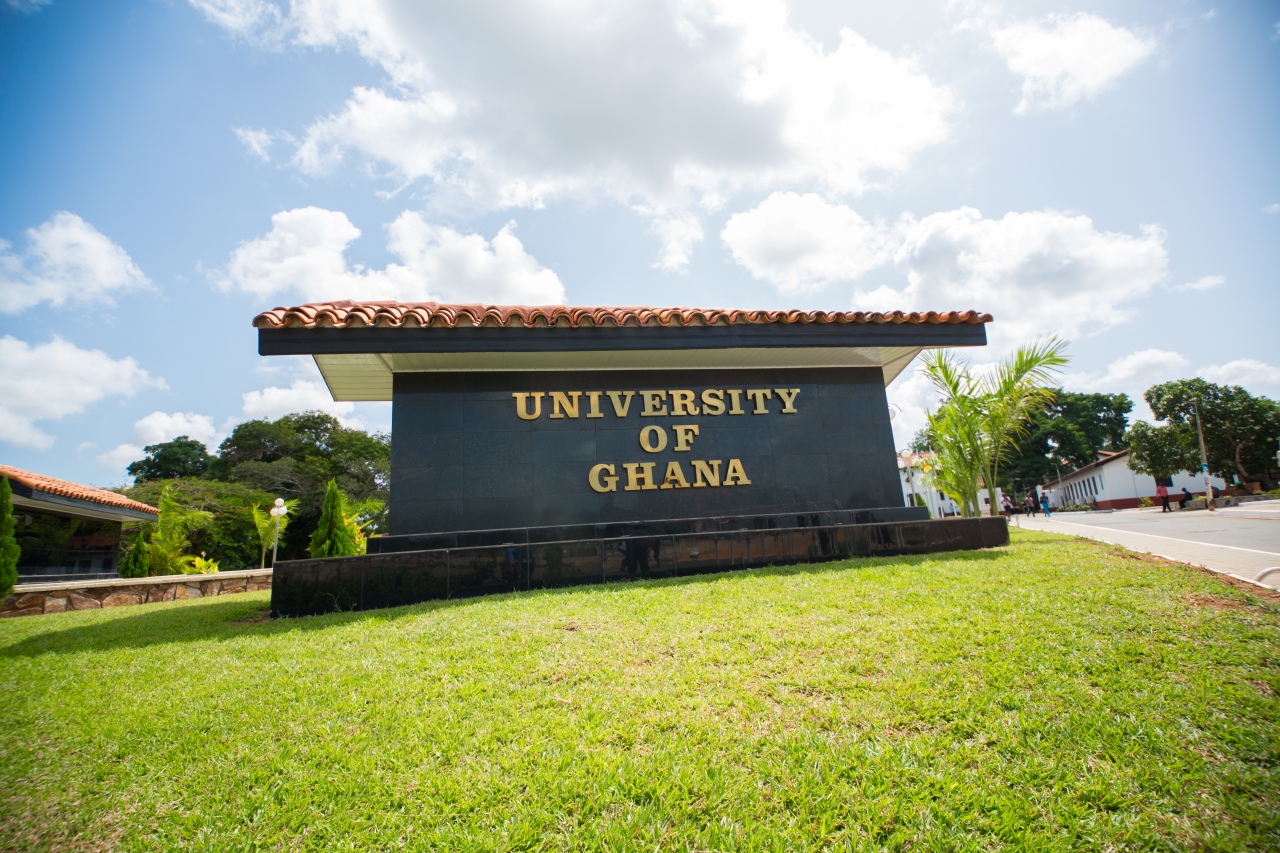
Vision
Our vision is to be known for providing reliable research output, creating a credible platform for advocacy, and promoting excellence in capacity building.
Mission
Our mission is to create an authoritative research platform committed to advancing participatory research and being active in advocacy for excellence in education. Specifically, LECERP seeks to:
1. Create an enabling environment for rigorous scientific research that is relevant to educational policy and practice.
2. Provide a platform for data-driven participatory engagement amongst academia, policymakers, and non-state actors.
3. Position the University of Ghana as a source of voice on educational policy and practice
4 .Be a preferred destination for research collaborations in the field of education with a multiple-disciplinary approach.
5. Proactively monitor and evaluate the effects of educational policies and programmes in terms of their goals, objectives, and outcomes.
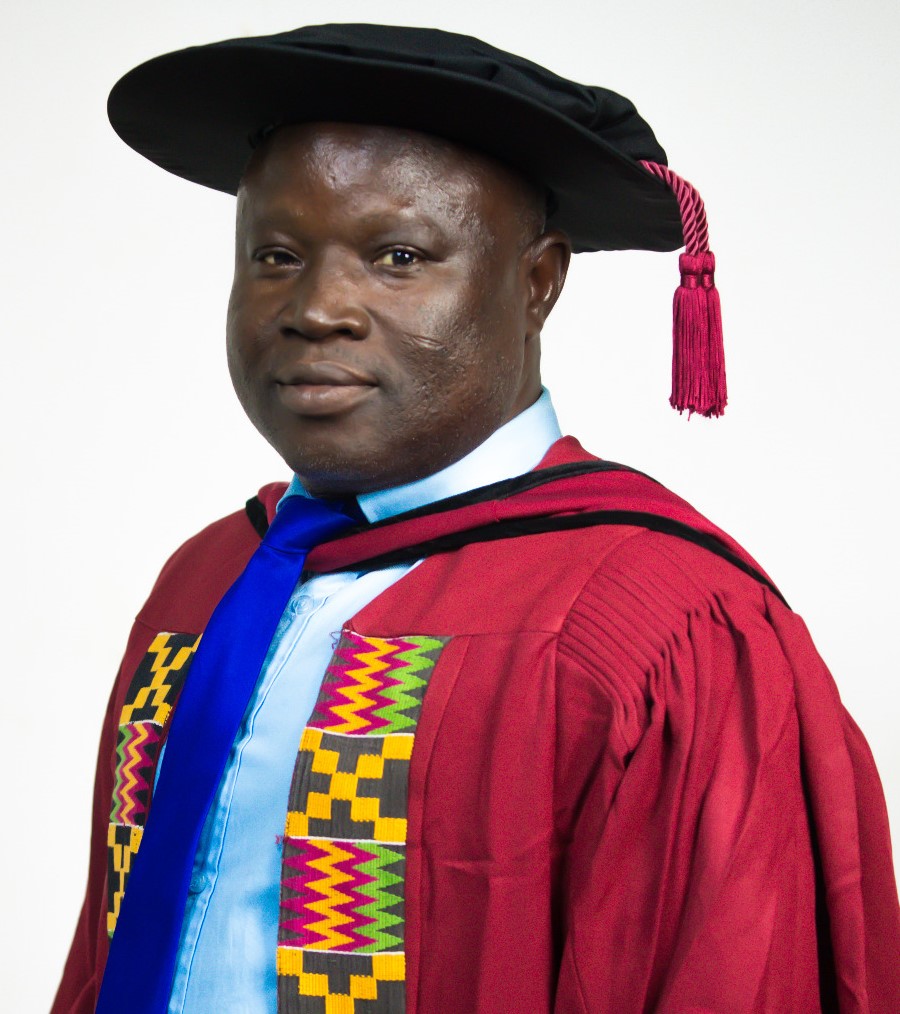
Meet the Director
Welcome to the Legon Centre for Education Research and Policy (LECERP), where we seek to Empower Policy, Shape Education, Inspire Change.
The Legon Centre for Education Research and Policy (LECERP) is the research arm of the College of Education at the University of Ghana. Our core strategic objectives focus on three pillars: Research, Training, and Advocacy.
Read MoreOur Functions
LECERP has six principal functions. These functions shall be executed in an integrative manner to ensure inclusivity, efficiency, and sustainability of LECERP’s activities. Each function is described below:
Research and technical guidance
This is the core function of LECERP. The research strategy will be multidisciplinary. It will include tracking and monitoring government policies and programmes to provide for accountability in public investments. The provides technical guidance (consulting services) to the government, private sector, and non-state organisations on policy effectiveness and programme efficiency. The Centre offers consulting services in the area of providing technical assistance in grant writing and assessment and hosting capacity-building workshops.
Advocacy
The Centre plays a proactive role in advocacy on national issues. This function is intended to share and amplify the research findings of the Centre by prioritizing and integrating advocacy into research work to ensure that findings do not stay on the shelves without being acted upon through policy and practice. The advocacy function is largely self-initiated and done in collaboration with civil society organisations and key development agencies. This function puts LECERP in a unique position because most university-based research institutions shy away from advocacy while investing so much in conducting research that turns to remain unknown. This is particularly crucial because while academic research essentially is about discovering and expanding knowledge, advocacy should follow accordingly in sharing the knowledge discovered for the benefit of society. While CSOs and Think tanks seem to be the natural anchors of advocacy, there are reputational concerns about some of them, some turn out to be politically biased or ideological and turn to skew data to match predetermined agendas. A university-based advocacy research centre is seen by the public as more credible and less likely to be politically selective.
Education
This function is essential and complementary to the research and advocacy functions. It involves training and mentoring young faculty and students. It also involves providing capacity building for staff of state and non-state actors. Through the interdisciplinary and collaborative approach of the Centre young faculty will benefit from the expertise of experienced members through deliberate mentoring and coaching. Graduate students will get the chance to work on research projects being carried out at the Centre. Considerable attention and systematic efforts will be given to the creation and implementation of a strong training and mentoring model for faculty development and support. The Centre facilitates faculty scholarship, including collaborative research, academic publications, and presentations at seminars, and works with faculty at the departmental and College level, to institutionalise the training and mentoring model.
Knowledge Management
The Centre aims at generating and building a knowledge bank and become a place of reference or contact for credible data for state and non-state actors in education. This is be achieved through the creation of a functional body of knowledge through the sharing and reporting of outcomes. The Centre will launch and publish biennially, the State of Education Report for Ghana, and that will become a flagship publication for the Centre and the University of Ghana on education. By taking up a knowledge management function, the Centre actively reviews and analyses the government’s transparency and accountability to all stakeholders and citizens in particular. The Centre creates a vent for non-state actors in the education space to communicate to the government about its investments and outcomes.
Facilitate Collaboration
The approach of LECERP is multiple disciplinary. This requires extensive collaboration across units within the college and across the university. The Centre adopts a strong orientation toward collaboration and a commitment to facilitate external relationships with development practitioners and the international scientific and development community. This is to ensure that the Centre and its staff benefit from the experience and expertise of these units as well as make the experiences and expertise of the Centre available to learning. The Centre seeks to strengthen any existing collaborations and to formalize relationships with such units.
Partnership in community development
One of the key strategies of LECERP is the adoption of the knowledge co-creation approach. This means that the Centre’s research activities rely extensively on community partnership and involvement. The purpose of this approach is to ensure the relevance and impact of research output. In pursuit of this function, the Centre seeks to establish and grow relationships with community members, civil society organizations, and development partners locally and internationally, building a solid network of community partners. LECERP conceptualises community as both a place and a practitioner. As a place, it is worth mentioning that the College is in the process of setting up Research Surveillance Sites (RSS) using the coastal line of the Greater Accra region. Scoping studies are underway in these communities to identify areas of common interest for research and advocacy. Once the Centre is established, it will immediately build on these communities as focused partners.
Partnerships and Collaborations
The Legon Centre for Education Research and Policy (LECERP) is committed to building a collaborative platform where academics, policymakers, practitioners, and the public converge to address the challenges and opportunities shaping education in Africa and beyond. LECERP aims to enhance its research capacity and influence on educational policy and practices at both local and international levels through its core pillars of Research, Training, and Advocacy.
LECERP actively seeks partnerships with government agencies, ministries, and local authorities to provide evidence-based insights that guide policy formulation and implementation. Through these collaborations, the Centre aims to contribute to shaping policies that promote innovation, equity, and excellence in education
With a mission to empower policy, shape education, and inspire change, LECERP is dedicated to nurturing future leaders and scholars by offering tailored capacity-building initiatives designed to empower individuals with the skills and knowledge needed to drive educational transformation.
Currently, LECERP is working with partners to broaden its research scope, deliver impactful studies in key areas such as teaching, learning, professional development, educational policy, and equity in education. LECERP aspires to be a leading force in advancing education in Africa and across the globe by nurturing a dynamic community of learners, researchers, and innovators.

